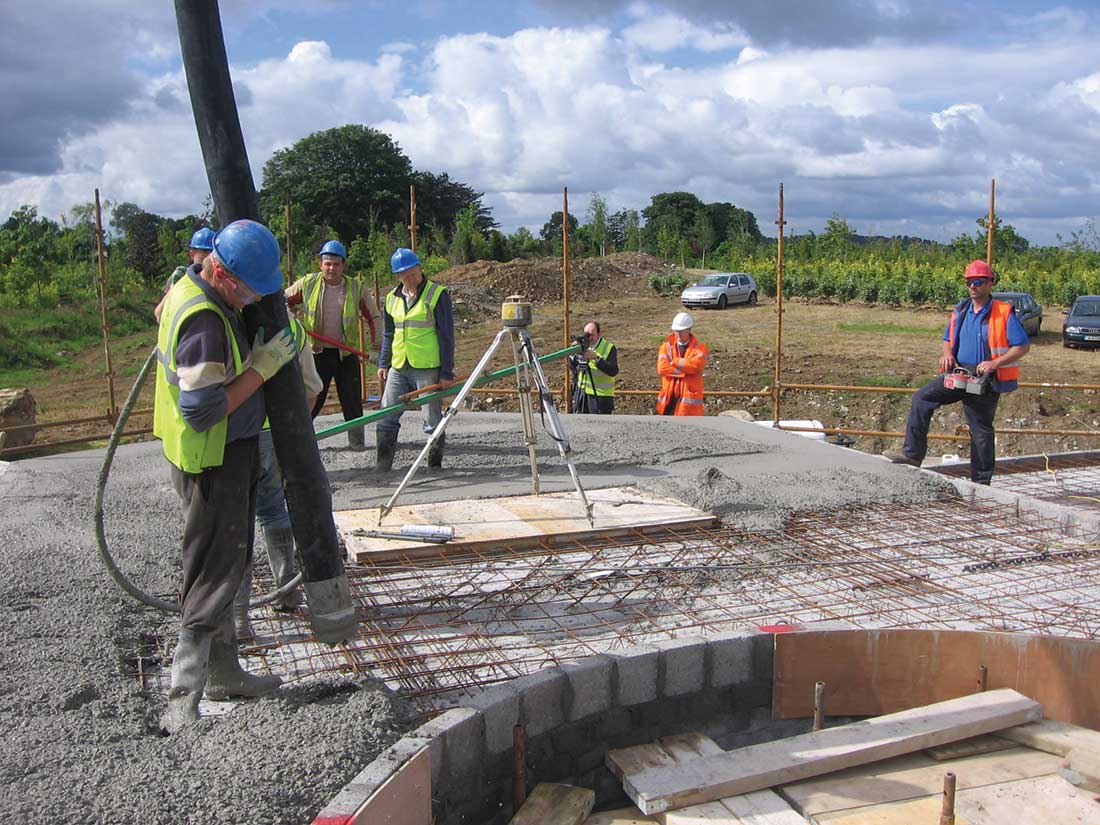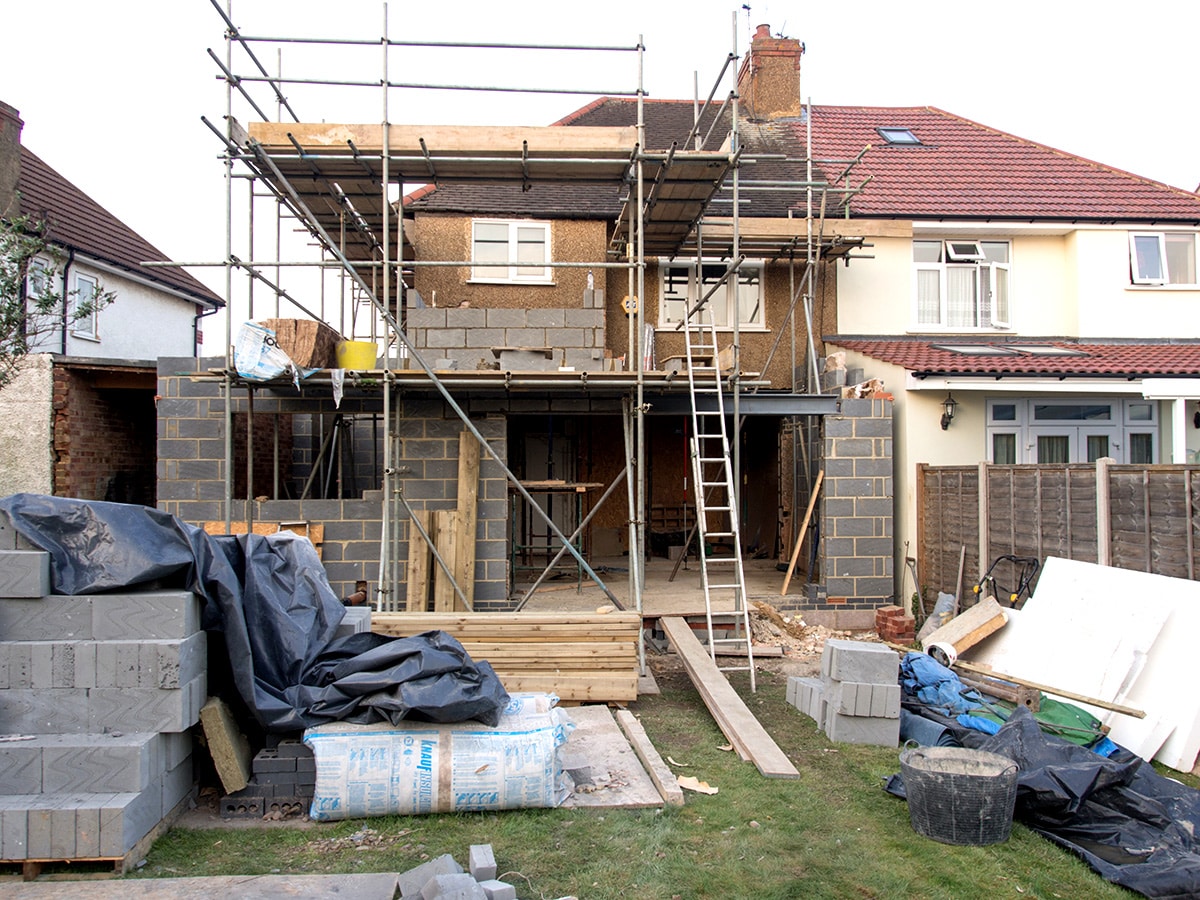Project managing a construction project like a self-build or extension is hard work, so before you take the plunge, ask yourself, are you up to the task?
In this article we cover:
- Pros and cons of managing the build yourself
- What you will have to give up to successfully manage your build
You’ve got planning permission, have the finances in place and are now ready to build the house or extension of your dreams.
The first job is to decide who is going to manage the project, a role commonly handed over to the builder or to a professional project manager.
It essentially consists of managing time, money and quality, and choosing which comes first. It will be nearly impossible to strike a balance and get all three.
Still fancy doing it yourself? Here’s what you need to consider.
Is it worth doing?
Most people will advise you to leave the project management to the professionals, and for good reason. An inordinate amount of work goes into successfully managing a build, which means it will soak up your time and as the saying goes, time is money. You’ll therefore need to weigh the cost of hiring someone to project manage the build versus what you could be earning, allowing for time spent making contacts and learning how to do the job efficiently.
One of the main reasons self-builders take on this task is to have complete control over the project, but that too carries risk if you don’t have enough knowledge or expertise. Plus, not everyone is cut out for it, that is, you could end up spending more money than necessary from lack of management or organisational skills.
You also need to factor in that project managing your self-build or extension will be all-consuming, and the build will in all likelihood take over your life. That means you will need to re-schedule or temporarily suspend the rest of your daytime activities.
Beyond basic management and organisational skills, your personality also needs to match. You must be confident and cool under pressure (even if you are pulling your hair out in private!) and be able to communicate and delegate. The latter will quickly identify you as the project leader so others will be less inclined to make decisions in your absence.
Also consider if risk is part of the thrill of building or will the mounting costs keep you awake at night? And can you manage your own expectations? The idealised home you have crafted in your head may not be achievable; the challenge is how to retain some of the magic yet end up with a realistic, liveable result.
What about other people’s expectations? Family and other interested parties must be taken into account at the outset, otherwise heartache will result with financial consequences due to changes or disruptions to the schedule. Also know that friends, relatives, your builders – and even people who hardly know you – will all cherish their versions of your dream. Professional project managers spend a lot of time early on ensuring that everyone involved, including you, expresses their expectations. These are then factored into the overall plan, cost, time, and quality mix until a consensus is arrived at.
You will also have to be able to juggle many tasks whilst resisting the urge to micromanage. Keeping in mind the big picture of what you are ultimately trying to achieve will allow you to assess whether each issue represents a greater disruption than the measures required to remedy it.
Finally, and this may sound more corporate than construction, but being an effective motivator is essential to getting any job done. A good motivator will lead rather than dictate. Keep a copy of your programme on site and talk it over regularly with other parties. Asking their opinion will not only help you learn, it will allow them to feel involved. Ultimately you are still in charge so consider all advice carefully.
















